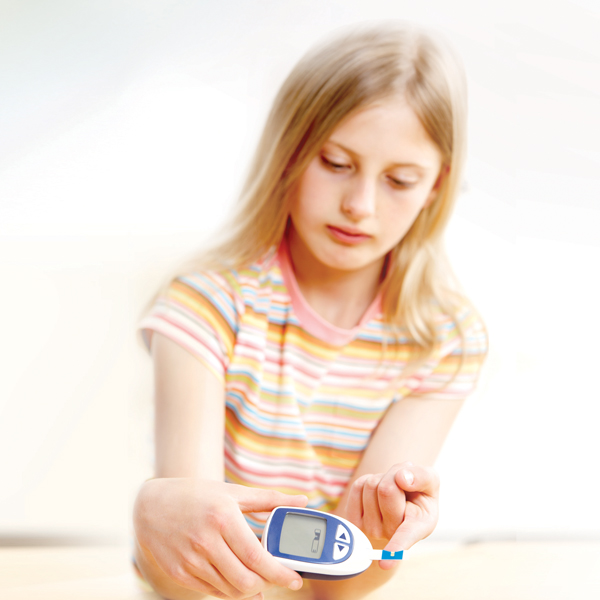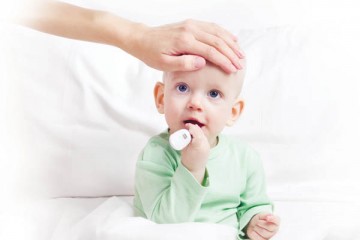The Role of Teens in their Health Care Decisions

GETTING YOUR TEEN’S COOPERATION
“Treat your teen like an adult and really explain the disease to them and what it means to them,” says Dr. Jamie Frediani, CHOC’s director of the Adolescent and Young Adult program. Include your teen in discussions about their case with the doctors and health care providers, she adds. “We don’t want to dictate to them what happens. We want to educate them so they know what they need to know to make a decision. Be 100 percent honest and don’t hide the truth. I believe in total transparency. Get them engaged in what we are doing. Get them to own it. It’s their body.”
WHAT CAN TEENS DO?
Many teens are able to manage much of their own health care, from giving themselves injections to taking medications, says Dr. Frediani. They can speak to their physician on their own and research their condition online or visit CHOC’s Hope Resource Room and explore the many educational resources available so they feel knowledgeable and empowered.
CONTINUE ROUTINES AND KEEP THINGS “NORMAL”
It’s important for parents of adolescent patients with serious or chronic illnesses to keep up a normal routine at home as much as possible, says Dr. Frediani. She offered some tips for parents and families:
- Don’t let the teen’s illness or disease “own their lives” and change their normal relationships with their families and peers.
- Understand the teen’s emerging autonomy and don’t “micro-manage” the teen.
- Encourage the teen to go to school (if possible) and keep up his or her relationships with classmates, teachers and peers. These relationships are important to teens who can feel isolated when hospitalized.
CHOC Radio Podcast: Living With Chronic Illness

Growing up is tough enough for teens and young adults, but living with a chronic disease adds even more complications, a panel of CHOC patients tell CHOC Radio.
In podcast No. 22, Cody, 23; Megan, 17; and Cole, 14 discuss aspects of life with a chronic illness.
Knowledge is the best medicine. Learn more about your child's health in these features from the experts at CHOC.
Signs and Symptoms of Pneumonia
Pneumonia is an inflammation of the lungs caused by bacteria or viruses, says Dr. Arrieta, CHOC’s Pediatric Infectious Disease Specialist. There are many kinds of pneumonia. Bacterial pneumonia is often a complication of a pre-existing condition.
Anxiety and Kids
It’s normal for young children to be scared of the dark, or apprehensive when they experience a new place, for example for a six-year-old to be afraid of going to the doctor. Parents can prepare their kids by talking these things out.















